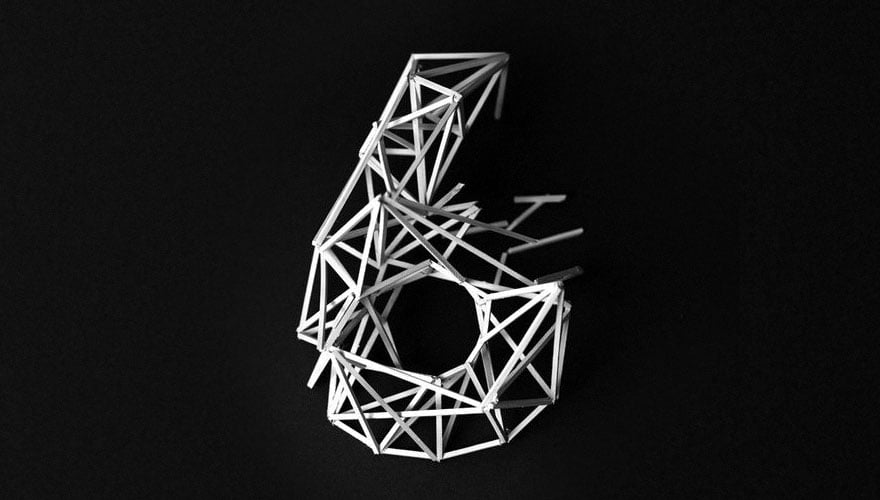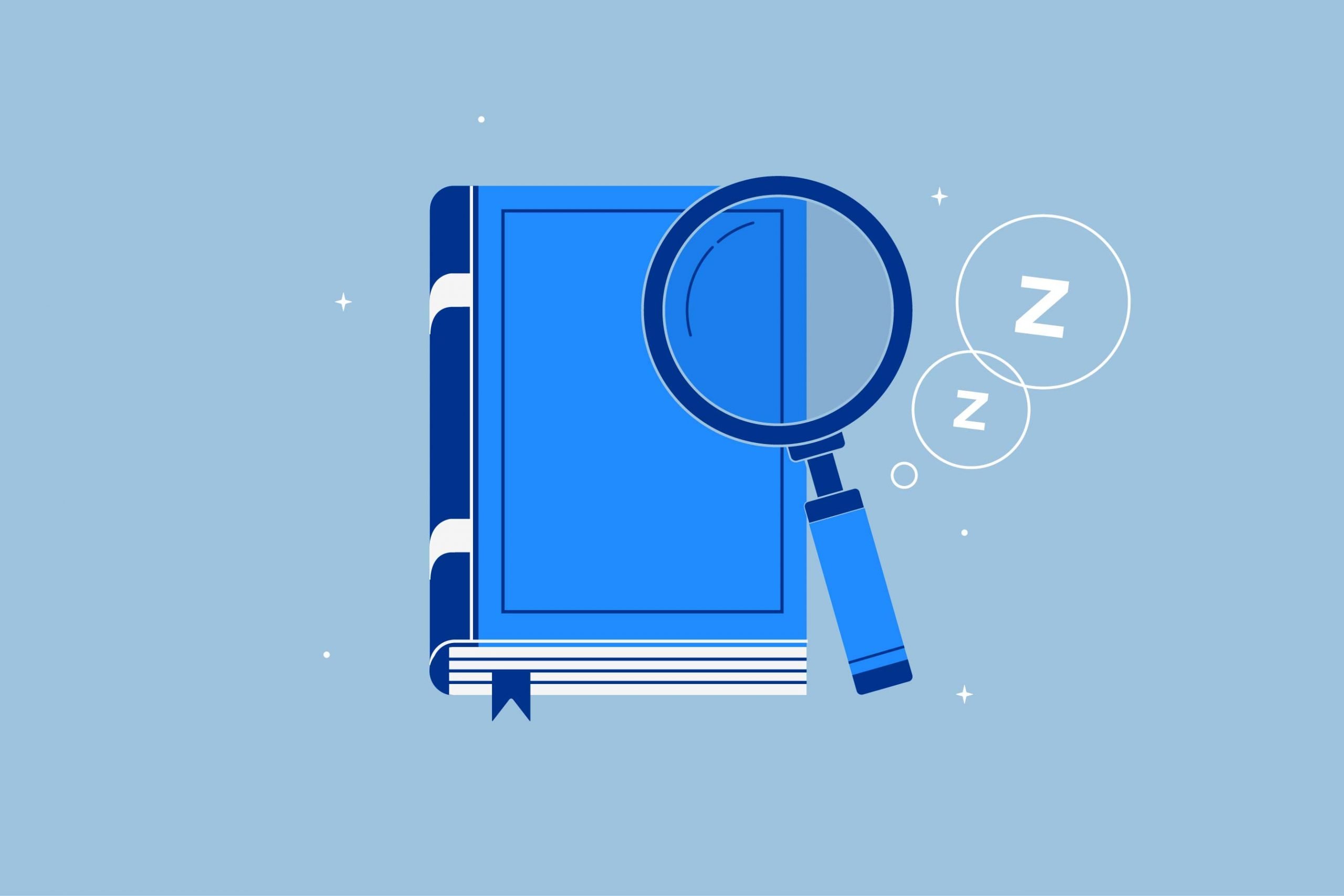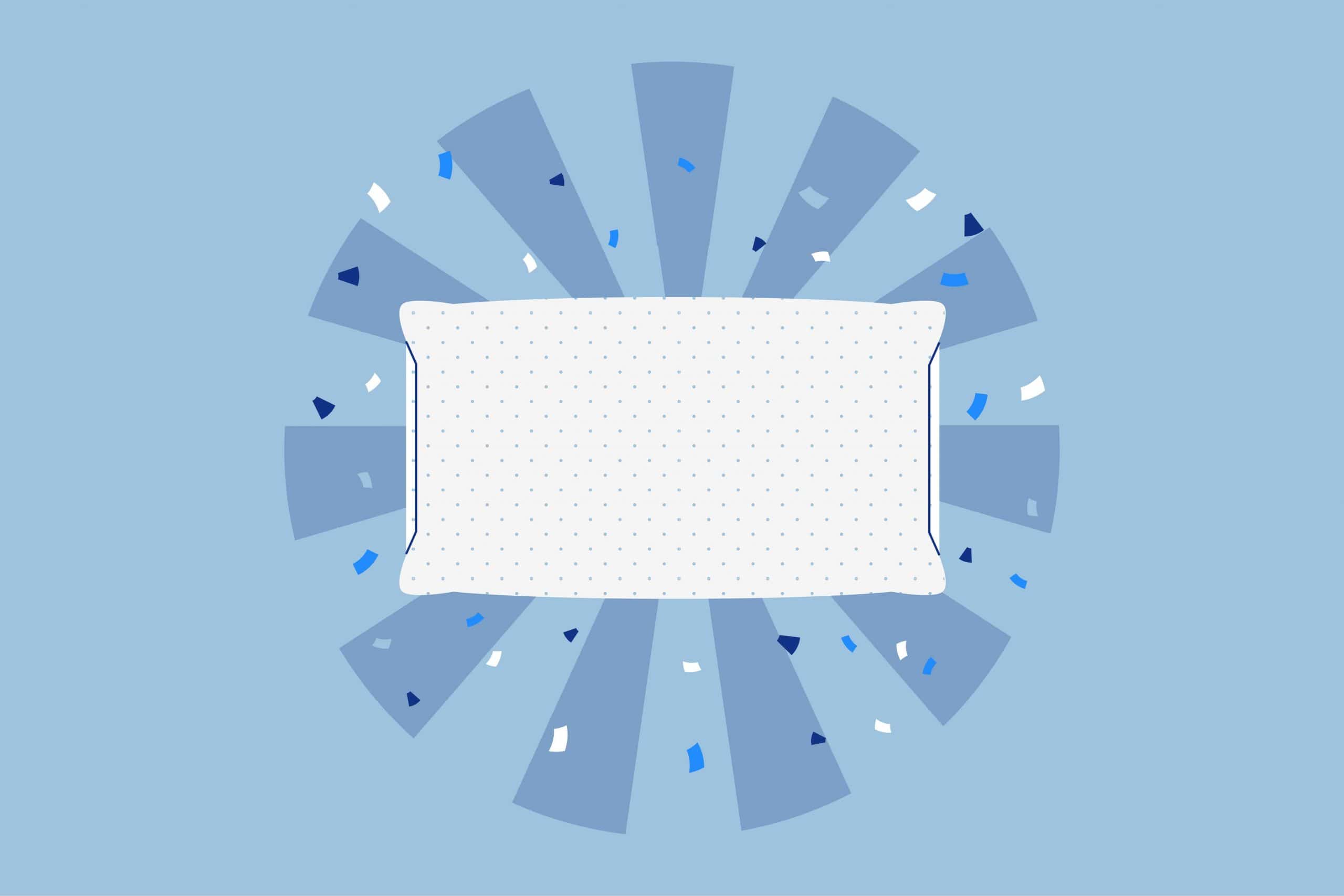Think the secret to success is never snoozing? Think again – we’ve found six ways that sleep can actually help you be more successful.
Some wear hours of sleep deprivation like a badge of honor, believing that the less time they spend resting, the more productive they are. Many boardrooms and school campus cultures promote the idea of sleep as time wasted, as well.
In reality, sleep actually propels your success in several ways, according to modern scientific research. From physical to mental, rest plays many important roles in how you act, think, feel and perform.
Sleep Your Way to Success
Though it’s interesting to think that you could get so much more done in a day by sleeping less, the majority of people simply cannot function optimally on limited sleep for any extended period of time.
Don’t feel guilty about making time for sleep – instead think of all of the ways getting shut eye can actually help you perform better and achieve your goals.
Sleep Makes You More Receptive to Learning
As many successful business people will say, one important aspect of success is to constantly be growing and learning new things. For students, of course, learning is the entire purpose of school and necessary for doing well.
According to the Harvard Healthy Sleep website, Verified Source Harvard Health Blog run by Harvard Medical School offering in-depth guides to better health and articles on medical breakthroughs. View source a lack of sleep reduces attention and motivation making it harder to acquire new information. Sleep also plays a role in the consolidation of new memories, which enables you to recall that information later on.
Research has shown REM and slow wave sleep are both important for declarative memory (facts) and procedural memory (how to). Studies of sleep and learning show the biggest effects when trying to learn or recall information when sleep deprived (as opposed to learning and then being deprived of sleep).
Sleep Enhances Creativity

For many students, entrepreneurs and business people, creativity is an important part of success. Some find that creative ideas come in sleep deprived states, however, it’s clear that fatigue and drowsiness reduces your brain’s agility and the ability to form complex and new solutions to a problem.
One Harvard study found that sleep increased a person’s ability to make connections between distantly related ideas by 33%, even though participants didn’t necessarily feel more creative.
Another study from University of California researchers found that REM sleep, in particular, enhanced people’s creative problem solving skills over non-REM sleep and quiet resting.
Sleep Reduces Likelihood of Errors
When you are sleep deprived, your reaction time, decision making capabilities, and memory are all impaired according to most sleep studies. Put together, these factors make you more likely to make mistakes.
For students, this could mean worse grades on tests or assignments. On the job, this could mean critical errors and even real danger.
Take pilots for example. The Federal Aviation Administration says that pilot fatigue decreases attention span, accuracy and reaction time, and found fatigue to be a significant factor in several major airline crashes.
In one airline company’s study mentioned in the FAA report, fatigue was responsible for 88% of procedural errors. But, in a NASA study of pilots it was found that controlled rest, 40-minute naps, improved pilot alertness and performance (naps also have many other benefits for mind and body that can benefit anyone).
Among medical professions, studies have found that medical residents scheduled for 24 hour shifts make 36% more serious errors and make 300% more errors that result in patient death than those who work 16 hour shifts. Other studies found nurses working more than 12.5 consecutive hours are 2-3 times more likely to make errors.
Even if you aren’t pursuing a high-risk profession with people’s lives on the line, errors can still cost plenty of money, time and headache.
Sleep Reduces Risk of Accidents
The National Highway Traffic Safety Administration estimates that 100,000 accidents per year and 40,000 injuries are attributed to drowsy driving. After even 16 hours of wakefulness your abilities are impaired – after 24 hours they are on par with a legally drunk driver.
The previously mentioned medical resident study also found that those working 24 hour shifts were twice as likely to be involved in an accident.
Whether you drive just for your commute or as part of your job, an accident is certainly not likely to benefit you. It wastes time, money, can get you fired from some jobs, and can even cause injuries or worse. If you get very little sleep or pull an all-nighter, you’re driving abilities the next day will almost certainly suffer.
Sleep Supports Your Immune System

Another area where sleep can affect your productivity by-proxy is seen in your body’s ability to resist and fight illnesses.
When you are sleep-deprived, Verified Source Mayo Clinic Ranked #1 hospital by U.S. News & World Report and one of the most trusted medical institutions in the world. The staff is committed to integrated patient care, education, and research. View source your immune system is not functioning optimally. This makes you more susceptible to colds and flus which could require time off, or at the very least hurt your productivity temporarily.
Sleep Boosts Productivity & Efficiency
When you’re well-rested, your attention span is optimized, your mood and motivation is stronger, you’re better able to learn and remember facts, and you’re more creative. You’re also less likely to make errors on the job, get an accidents, or get sick.
All of these factors combined shows that getting good sleep contributes to better productivity and efficiency. Basically, sleep helps you be the best version of you – ready to take on goals, ready to create and learn, ready to develop solutions, and ready to make complex decisions.
So, if you’re striving to be more successful and effective in what you do, don’t forget to prioritize sleep to give yourself the upper hand.
Do you have sleep hacks or productivity boosters? What ways does sleep make you more successful? How much sleep do you need to have a productive day?
About the author
Rosie Osmun, a Certified Sleep Science Coach, brings a wealth of knowledge and expertise to the health and wellness industry. With a degree in Political Science and Government from Arizona State University College of Liberal Arts and Sciences, Rosie's academic achievements provide a solid foundation for her work in sleep and wellness. With over 13 years of experience in the beauty, health, sleep, and wellness industries, Rosie has developed a comprehensive understanding of the science of sleep and its influence on overall health and wellbeing. Her commitment to enhancing sleep quality is reflected in her practical, evidence-based advice and tips. As a regular contributor to the Amerisleep blog, Rosie specializes in reducing back pain while sleeping, optimizing dinners for better sleep, and improving productivity in the mornings. Her articles showcase her fascination with the science of sleep and her dedication to researching and writing about beds. Rosie's contributions to a variety of publications, including Forbes, Bustle, and Healthline, as well as her regular contributions to the Amerisleep blog, underscore her authority in her field. These platforms, recognizing her expertise, rely on her to provide accurate and pertinent information to their readers. Additionally, Rosie's work has been featured in reputable publications like Byrdie, Lifehacker, Men's Journal, EatingWell, and Medical Daily, further solidifying her expertise in the field.
View all posts





